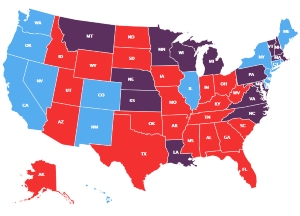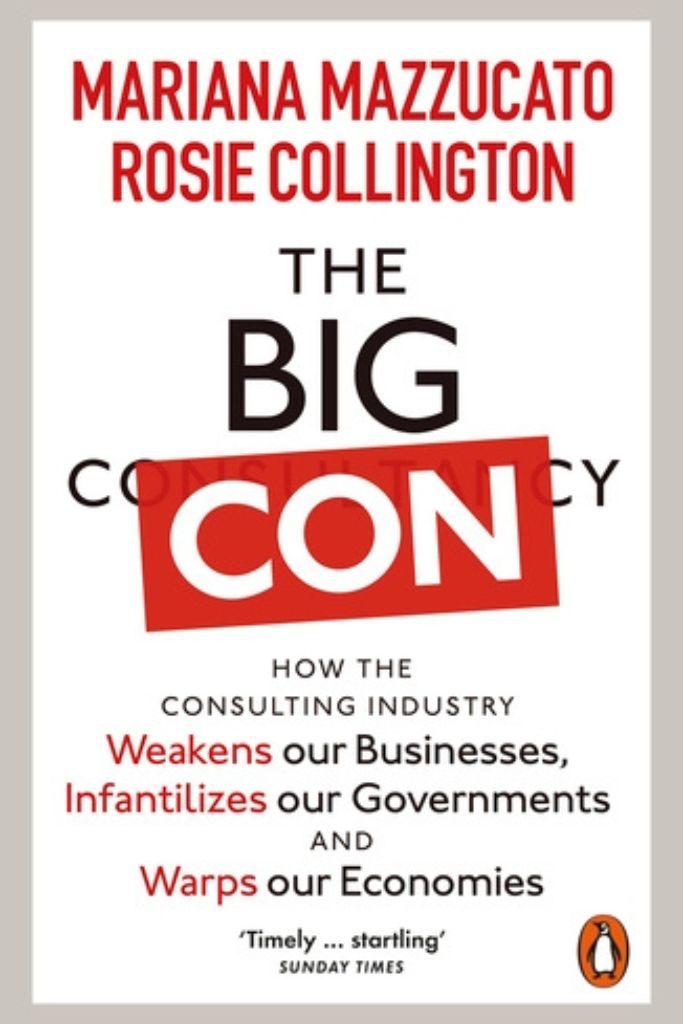In October 2013, President Barack Obama’s flagship healthcare reform law, The Affordable Care Act (often known as Obamacare), came into force. With the aim of extending private health insurance coverage via an individual mandate, the scheme has seen a great deal of criticism from both Republicans and Democrats, especially after the troubled roll-out of the Healthcare.gov website. This page collates USApp’s continuing coverage of the reform.
___________________________________
 Although the recent rollout of the Affordable Care Act have been plagued with problems, its earlier provisions, such as the mandate that private insurance companies offer dependent coverage until the age of 26, were implemented easily and relatively successfully. In her recent research,Kosali Simon examines the effect of this mandate and concludes that extension of parental insurance to children until the age of 26 has extended insurance to just over two million young adults. She also finds that there is little evidence that the mandate has affected labor market outcomes for young people so far.
Although the recent rollout of the Affordable Care Act have been plagued with problems, its earlier provisions, such as the mandate that private insurance companies offer dependent coverage until the age of 26, were implemented easily and relatively successfully. In her recent research,Kosali Simon examines the effect of this mandate and concludes that extension of parental insurance to children until the age of 26 has extended insurance to just over two million young adults. She also finds that there is little evidence that the mandate has affected labor market outcomes for young people so far.
 U.S. health care reform has generally been viewed as having only indirect relevance for European countries. Frank Vibert argues, however, that if the legal basis for Obamacare’s Supreme Court approval is interpreted as a guide for court rulings on the enumeration of powers, it should be of great concern to Europeans. He concludes that a possible lesson for the EU is that the ‘principle of conferral’ will not be able to set firm limits on the exercise of EU powers over its member states.
U.S. health care reform has generally been viewed as having only indirect relevance for European countries. Frank Vibert argues, however, that if the legal basis for Obamacare’s Supreme Court approval is interpreted as a guide for court rulings on the enumeration of powers, it should be of great concern to Europeans. He concludes that a possible lesson for the EU is that the ‘principle of conferral’ will not be able to set firm limits on the exercise of EU powers over its member states.
 With the recent end of the U.S. government shutdown, political attention has moved on to the glitches encountered in the rollout of health insurance exchanges at the state and federal level, as part of the Affordable Care Act. While many commentators have damned the Department of Health and Human Services for the ‘failed’ and ‘disastrous’ launch of the exchanges, Philip Rocco argues that these difficulties must be seen in the context of the inherent complexity of the system, the high public expectations for it, and the continuing efforts by congressional Republicans, business organizations, and the Tea Party to under-fund and undermine the program.
With the recent end of the U.S. government shutdown, political attention has moved on to the glitches encountered in the rollout of health insurance exchanges at the state and federal level, as part of the Affordable Care Act. While many commentators have damned the Department of Health and Human Services for the ‘failed’ and ‘disastrous’ launch of the exchanges, Philip Rocco argues that these difficulties must be seen in the context of the inherent complexity of the system, the high public expectations for it, and the continuing efforts by congressional Republicans, business organizations, and the Tea Party to under-fund and undermine the program.
 The past week has seen enormous criticism leveled at the rollout of the Affordable Care Act’s online enrollment platform, HealthCare.gov. Jane E. Fountain looks at the development of HealthCare.gov, and argues that the present delays and difficulties must be seen in the wider context of an incredibly complex system across public and private sectors, involving 55 contractors, five government agencies, 300 insurers and the integration of many new and old software components. With enrollments continuing, and the Obama administration’s attention focused on the problem, current critiques should be seen as making political theatre out of bumps in the road.
The past week has seen enormous criticism leveled at the rollout of the Affordable Care Act’s online enrollment platform, HealthCare.gov. Jane E. Fountain looks at the development of HealthCare.gov, and argues that the present delays and difficulties must be seen in the wider context of an incredibly complex system across public and private sectors, involving 55 contractors, five government agencies, 300 insurers and the integration of many new and old software components. With enrollments continuing, and the Obama administration’s attention focused on the problem, current critiques should be seen as making political theatre out of bumps in the road.
 Two weeks ago on 1 October, the 2010 Patient Protection and Affordable Care Act (ACA) began implementation, despite the government’s shutdown due to disagreements between the Republican and Democratic parties over its funding. Richard B. Saltman looks at the two opposing moral narratives over the ACA: one which focusses on the program’s health benefits, and a second which argues that the ACA represents a fundamental political and bureaucratic threat to the continued decentralized governance and economic future of America. Past experience with similar clashes between completely different moral narratives indicates that the US may well be in for a long-term war of political attrition over the ACA.
Two weeks ago on 1 October, the 2010 Patient Protection and Affordable Care Act (ACA) began implementation, despite the government’s shutdown due to disagreements between the Republican and Democratic parties over its funding. Richard B. Saltman looks at the two opposing moral narratives over the ACA: one which focusses on the program’s health benefits, and a second which argues that the ACA represents a fundamental political and bureaucratic threat to the continued decentralized governance and economic future of America. Past experience with similar clashes between completely different moral narratives indicates that the US may well be in for a long-term war of political attrition over the ACA.

 October 1st will see the opening of the first Health Exchanges as part of the 2010 Affordable Care and Patient Protection Act. Many are confused about the law and how it will operate, and it also faces considerable opposition from the Republican right. Theda Skocpol and Lawrence Jacobs look at the core parts of Affordable Care and address some of the questions and controversies that have emerged around it.
October 1st will see the opening of the first Health Exchanges as part of the 2010 Affordable Care and Patient Protection Act. Many are confused about the law and how it will operate, and it also faces considerable opposition from the Republican right. Theda Skocpol and Lawrence Jacobs look at the core parts of Affordable Care and address some of the questions and controversies that have emerged around it.











